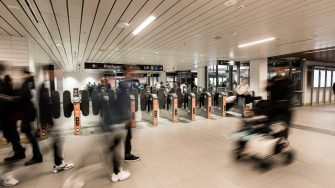Experiences Of Older Aboriginal People In Navigating Transport Systems In An Urban Setting
A recent study exploring the transport experiences of older Aboriginal people has identified several ways for shaping the transport system so that it better serves these communities and begins to facilitate equity in access and mobility.

